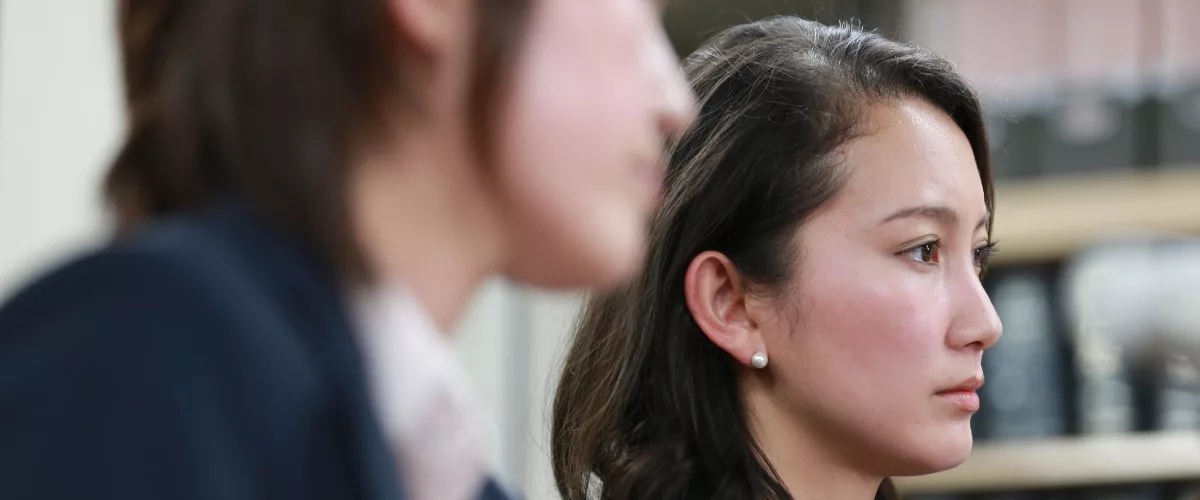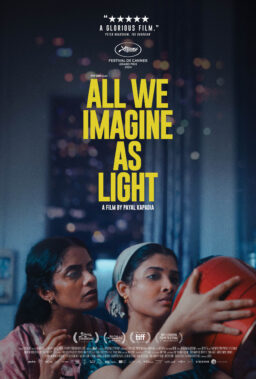Two unforgettable chilling images will likely stay with viewers long after seeing the documentary "Black Box Diaries," recently nominated for a Critics Choice Documentary Award. In the beginning, we see security camera footage of a young woman, the film's writer/director Shiori Itô, apparently drugged or drunk, being dragged through a sidewalk and hotel lobby by the man who is about to rape her. He is Noriyuki Yamaguchi, Washington Chief of the Tokyo Broadcasting System. He was close to the police and allied with then-Japanese Prime Minister Shinzo Abe.
Then, there's Itô's implacable face at the end of the film, in the back seat of a car, after a court ruling upholds an award of damages from Yamaguchi. At first, she is jubilant, playing "I Will Survive" on her phone. But then, like Greta Garbo at the end of "Queen Christina," Itô's face becomes nearly expressionless, and we try to imagine her feelings. Relief? Vindication? Triumph? Recognition that nothing will ever assuage the damage she suffered from the rape and the excruciating experience of seeking some sliver of justice? Probably all of that and more.
Another moment, just as impactful, casts some light on what Itô may have been thinking. At a press conference, Yamaguchi admits that while he did have sex with the then-unconscious girl who agreed to meet with him because he promised some help with her career in journalism, he hides behind the passive voice and insists that "the unfortunate incident" did not break the law. He sues her for defamation.
Like the book Itô wrote about her experience, this film is a cry of pain inflicted by Yamaguchi when she went public about the attack and by Japanese law, culture, and media. To be attacked by an individual is terrible. To have no recourse to justice is a failure of the system that is even more devastating. Both diminish the value, even the personhood, of the affected individual. At the time of the attack, Japan's rape law was 110 years old, requiring proof of violence, with no understanding of the inherent violence of forced sex.
"There is no evidence," she is told by the police. No semen. His DNA is on her bra, but "that only proves that he touched it, nothing else…Without solid evidence, your future will be in jeopardy." The police initially refused to accept her report, telling her the current law made it difficult to investigate sex crimes. She later finds that an arrest warrant was issued but overruled and rescinded. But the cab driver that night remembers her asking to get out of the car twice and then Yamaguchi carrying her out of the cab at his hotel. And events in the rest of the world, like the #metoo movement following the revelations of Harvey Weinstein's abuse, bolster her advocacy.
"I learned how unheard our voices are," she tells us. So, Itô holds a press conference to tell her story despite being warned about harsh responses. "You will be stigmatized," one person tells her. No matter how successful she becomes, she will always be referred to as "that victim." She is urged not to show her face. Her mother says going public will keep her from a happy life of marriage and children. Itô reads aloud a message she received from a woman who says, "Even if what you are saying is the truth, I feel so bad for the man you are accusing."
The only way Itô could change the system was to use her training as a reporter to tell her story, first in a book, which we see progress in the film, and then with the film itself. "I focused as a journalist on finding the truth. I had no other choice." She explains that she refuses to think of herself as a victim, expected to be "sad and weak, to hide and be embarrassed."
The earlier part of the film is rougher in presentation. It does not edit out shots where the camera is seemingly knocked around. Over time, it gets more assured and professional, reflecting Itô's growing assurance and dedication. In the earlier scenes, she shows little emotion, sometimes laughing when uncomfortable instead of dealing more directly with her emotions. Later, we see her weep, most often when she experiences unexpected kindness. The film is intimate, achingly personal. In some moments, Itô speaks directly to us, alone in a room, recording herself on her phone. She tells a woman's group that their support is like being wrapped in a blanket. And when the hotel doorman, at the risk of losing his job, says he is willing to go on the record with what he observed the night Yamaguchi dragged her into the lobby; she sobs, a breakdown she wants us to see. They are on the telephone, and he cannot see her, but when he tells her he wants her to be glad he was on duty that night, she reflexively bows in respect.
She wants us to see her when she is vulnerable and in pain. But the film itself is a testament to her courage. The title of the film comes from a lawyer's description of the absence of evidence that fits the archaic definition of rape in a law written more than a century ago. However, the term is more apt if we consider this film to be the technology that reveals crucial information following an airplane crash. Like that black box, Itô's determination to tell her story as a journalist and survivor is the ineradicable truth that survives even the most devastating trauma.


















